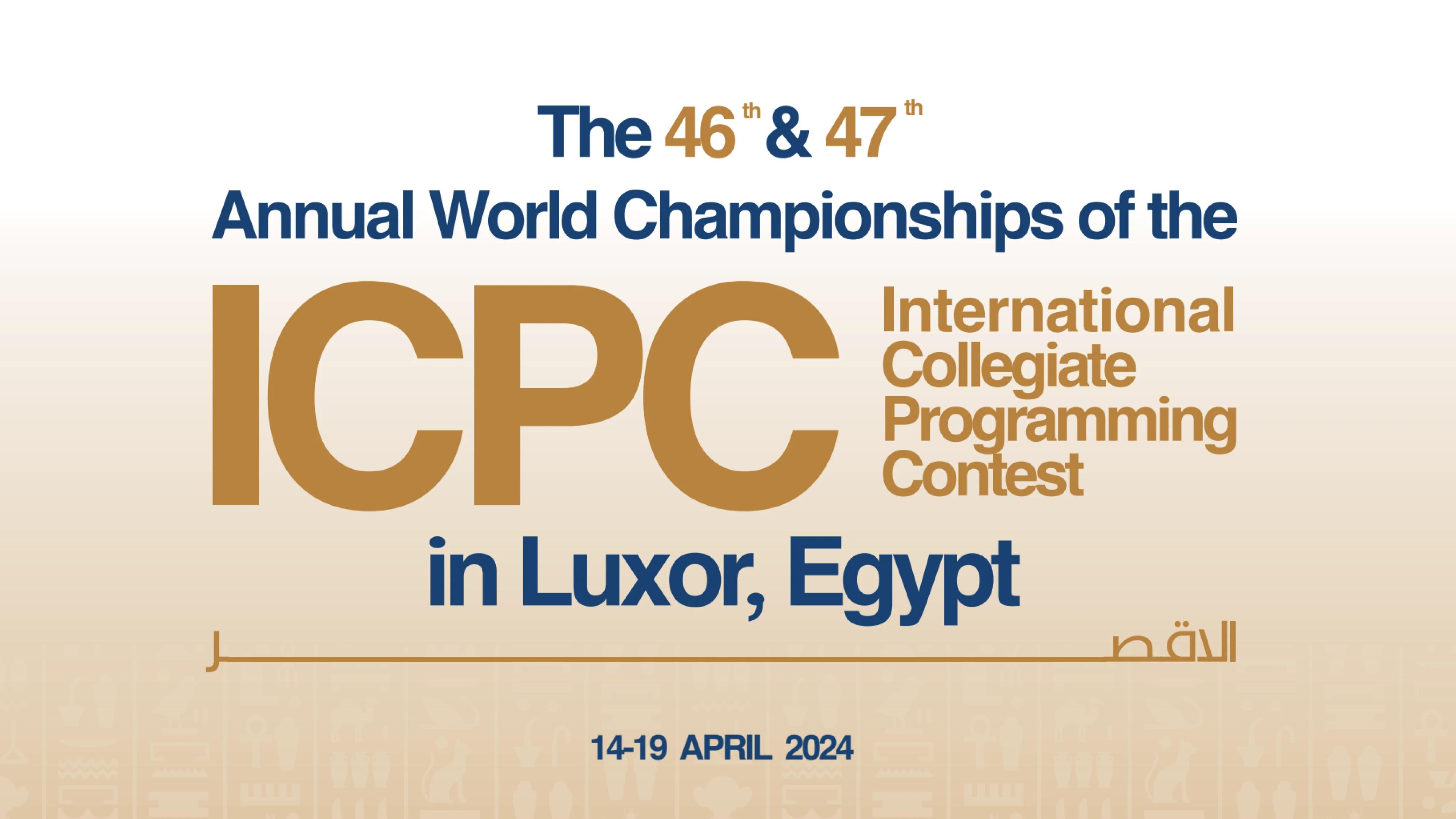Harbour.Space Is 1st of Europe and 4th in the World in Top Programming Contest
Harbour.Space, a small yet groundbreaking institute in Barcelona and Bangkok, outshines giants like Stanford and MIT in tech education. With a diverse student body and innovative approach, they're setting new standards in digital learning.
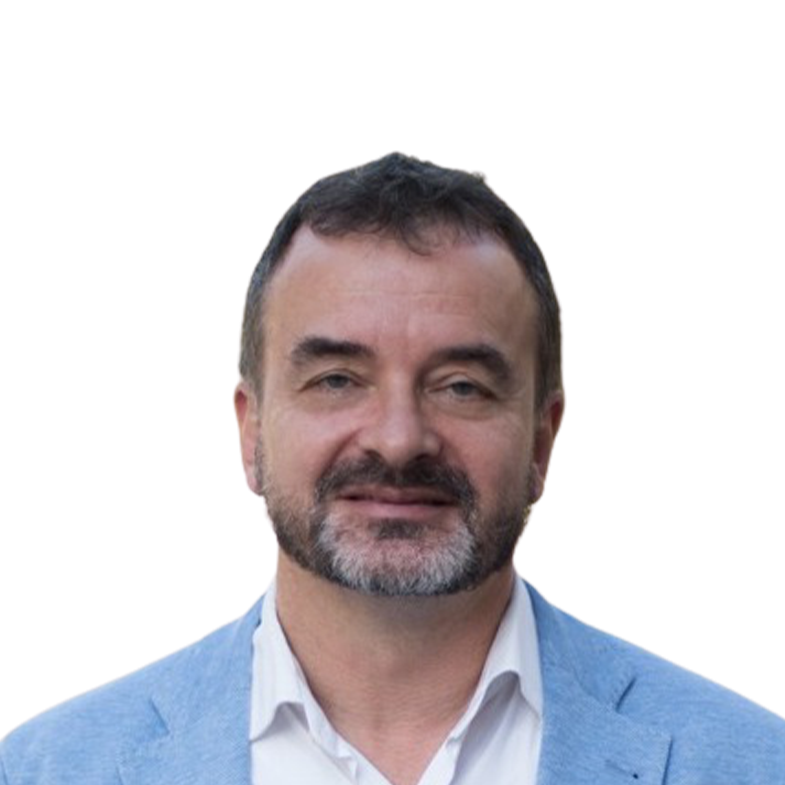

Head of Institutional Relations and Lecturer
Harbour.Space, a small yet groundbreaking institute in Barcelona and Bangkok, outshines giants like Stanford and MIT in tech education. With a diverse student body and innovative approach, they're setting new standards in digital learning.
“Harbour.Space is the embryo of Stanford University in town”, said the media in Barcelona two years ago. The truth is that last Thursday, the institution left behind not only Stanford but giants like MIT, Cambridge or Oxford. The International Collegiate Programming Contest, or ICPC, the top rendez-vous for coders, awarded this Barcelona centre a place of privilege among the main tech universities of the world. In an exciting last-minute catch-up, the revelation team of the competition in Luxor secured one of the gold medals (awarded to the 4 first positions), thus becoming also the front performer in Europe and the Western world.
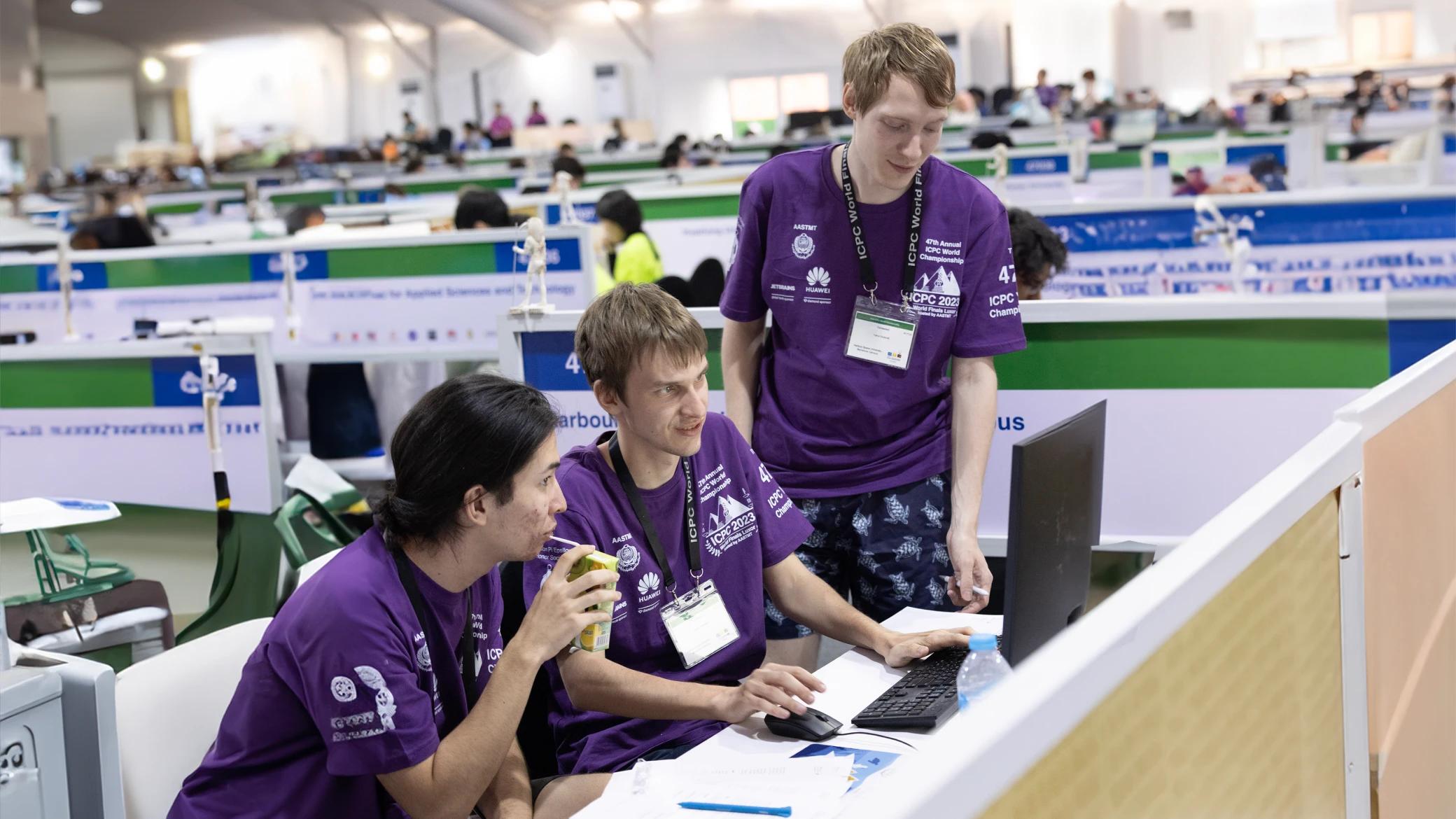
In an exciting last-minute catch-up, the revelation team of the competition in Luxor secured one of the gold medals (awarded to the 4 first positions), thus becoming also the front performer in Europe and the Western world.
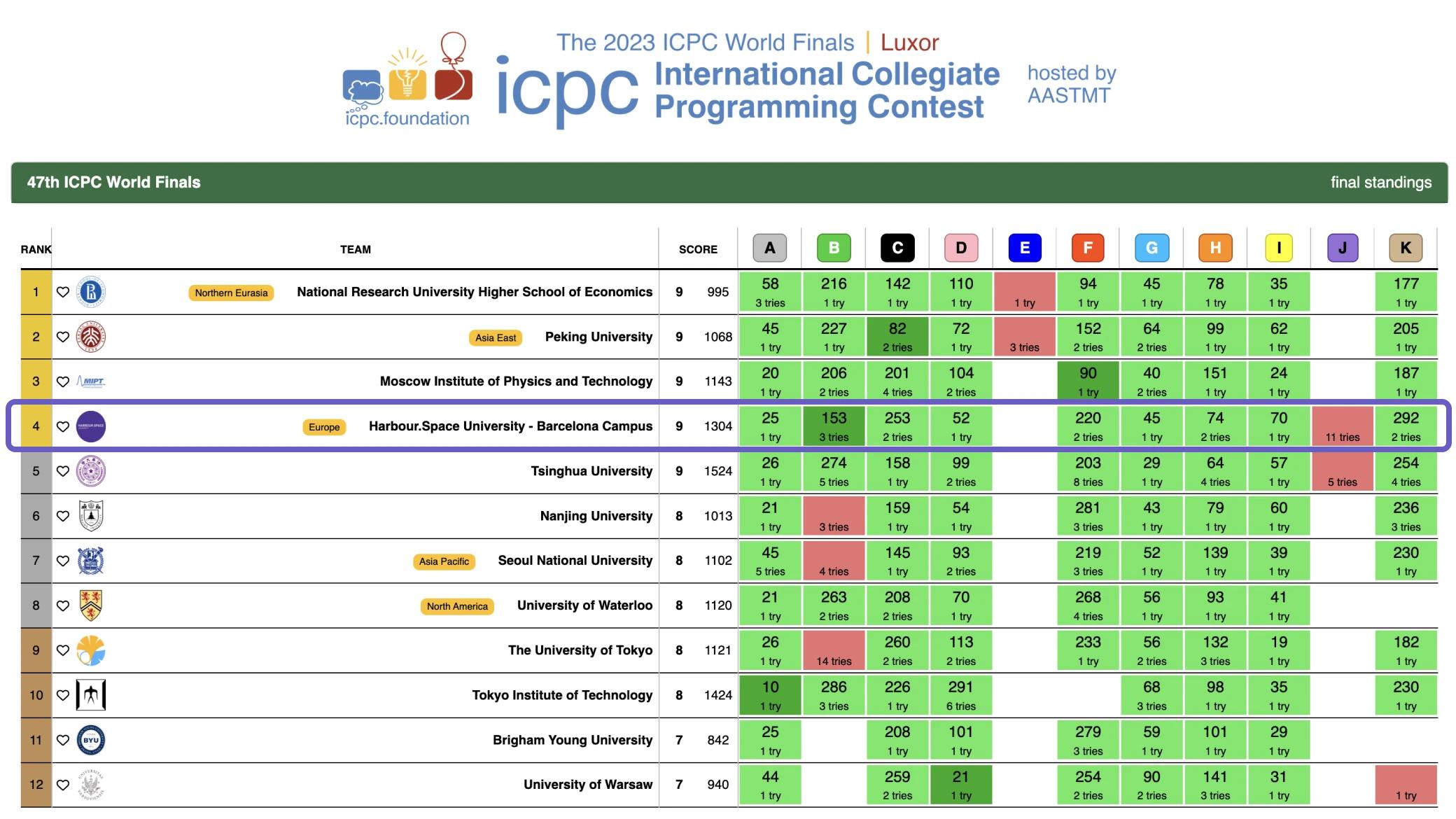
Harbour.Space is a small and young but over-achieving university; with less than 500 students worldwide and only two campuses (Barcelona and Bangkok), it has already attained what other centres have not managed to secure in decades.
It was founded in 2015 in the Barcelona harbour (hence its name) and has since moved its lectures to a modern stained glass building, flooded with sun and facing the gorgeous beaches of the Olympic Village. Its outstanding educational model, its truly international outlook and the connections with the local environment have pushed it up to one of the best-performing digital schools in the planet. In the past, it has already obtained several first and top ranking positions in its European division SWERC.
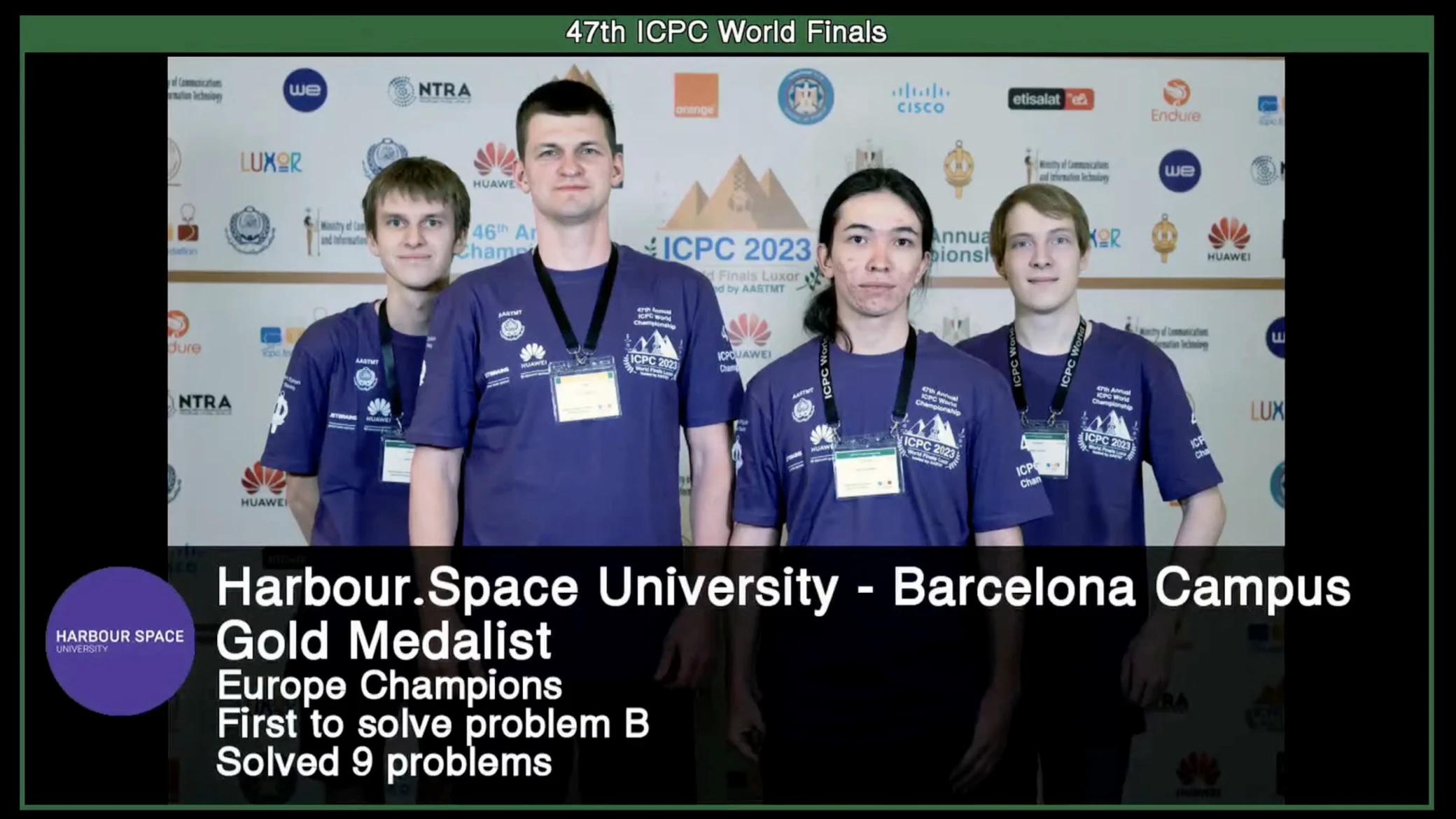
Linked to the University of Vic, a town in the vicinity of Barcelona, and sharing Master’s for Computer Sciences and Digital Transformation, it also enjoys a solid partnership with UTCC in Bangkok, Thailand.
The team that was sent to the ICPC World Finals includes a multinational selection of young talent, with members Batyr Sardarbekov (21) from Kazakhstan and Bachelor in Computer Science; Sergei Zolotarev (24) from Russia and Bachelor in Data Science; and finally Yahor Dubovik (24) from Belarus and Master of Data Science. The coach is a teacher in Harbour.Space; Kamil Debowski, a prominent Polish expert in competitive programming, algorithms and data structures.
Coach Kamil celebrated with his team the well-earned success, insisting on the efforts which led to this result;
Harbour.Space has earned the Gold Medal in the ICPC World Finals in a highly competitive environment. This is the result of years of dedication, perseverance and great teamwork.
The founder and CEO of Harbour.Space, charismatic Svetlana Velikanova, underlined the importance of such an achievement;
"Our team is the first in Europe and Spain to attain such remarkable results. This monumental achievement not only marks a historic moment for our institution but also means a significant leap forward in Spain's technological landscape. By preparing top-tier professionals for the burgeoning AI industry, our university is making a profound contribution to Spain's technological advancement. Moreover, through our joint Master's programme with UVic-UCC, one of Catalonia's most dynamic universities, we are fostering collaboration and innovation to drive even greater success in the future. Since our establishment in Barcelona in 2015, we have been working on a proof that there is a way to outcompete ultra-rich universities like Stanford on talent and quality of teaching. Now, we did it, and the whole world can see it."
Our team is the first in Europe and Spain to attain such remarkable results. This monumental achievement not only marks a historic moment for our institution but also means a significant leap forward in Spain's technological landscape.
Harbour.Space, as Velikanova points out, is extremely international in scope but, at the same time well grounded in Barcelona. The anchorage in the city tech ecosystem is solid, and it has tried since the very first day to share its performance with the mentioned local network. It has published its information in Catalan and Spanish, we can say the same about its marketing campaigns for recruiting local talent.

Harbour.Space University receives students from 55 different nationalities, and 28 distinct tongues can be heard, although English is definitely the working language. Harbour.Space and its success have a lot to do with the city of Barcelona. The city is becoming a true hotspot for start-ups and unicorns, with a booming tech ecosystem that feeds the Mobile World Congress, the Smart Cities’ Congress and a number of transnational corporations now established in town.
It boasts an amazing 95% employment rate and a substantial amount of alumni working in top transnational companies and emerging start-ups. Its tuition is flexible and original: courses are intensive and last only 3 weeks; professors and entrepreneurs fly in from five continents to teach; and any student can try the access test at any time of year.
Thanks for reading
If you’re interested in further growth, take a look at our website to learn what your future could look like at Harbour.Space. Lastly, get in touch with us at hello@harbour.space to let us know your thoughts!
